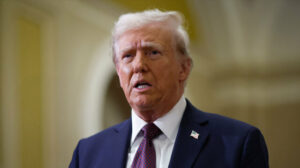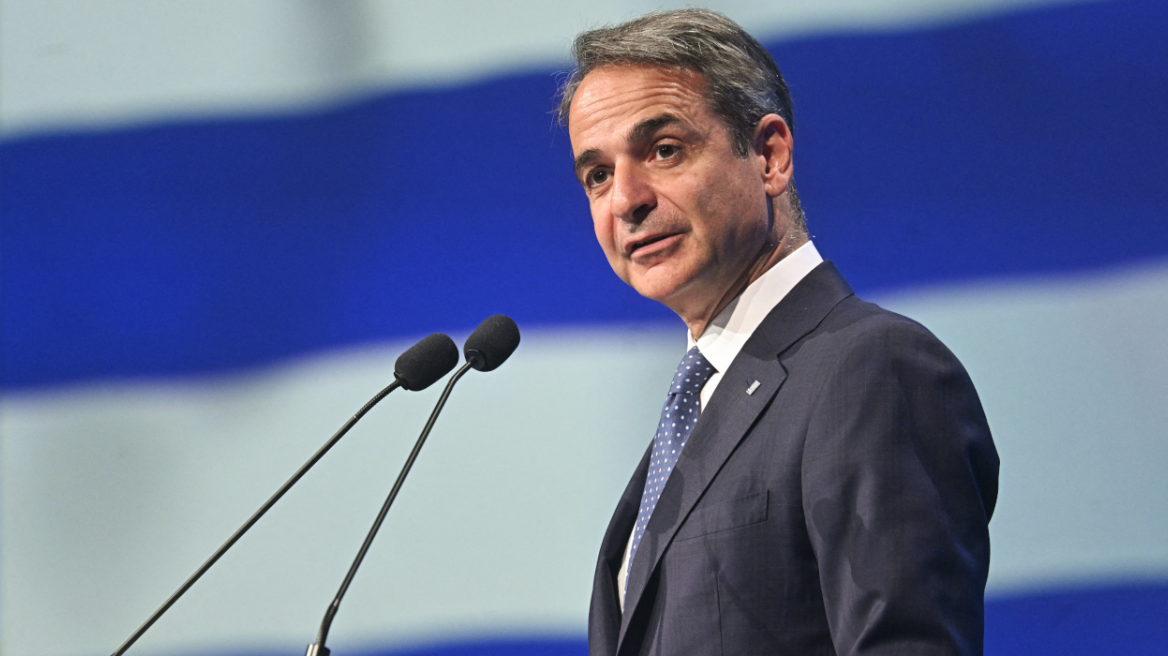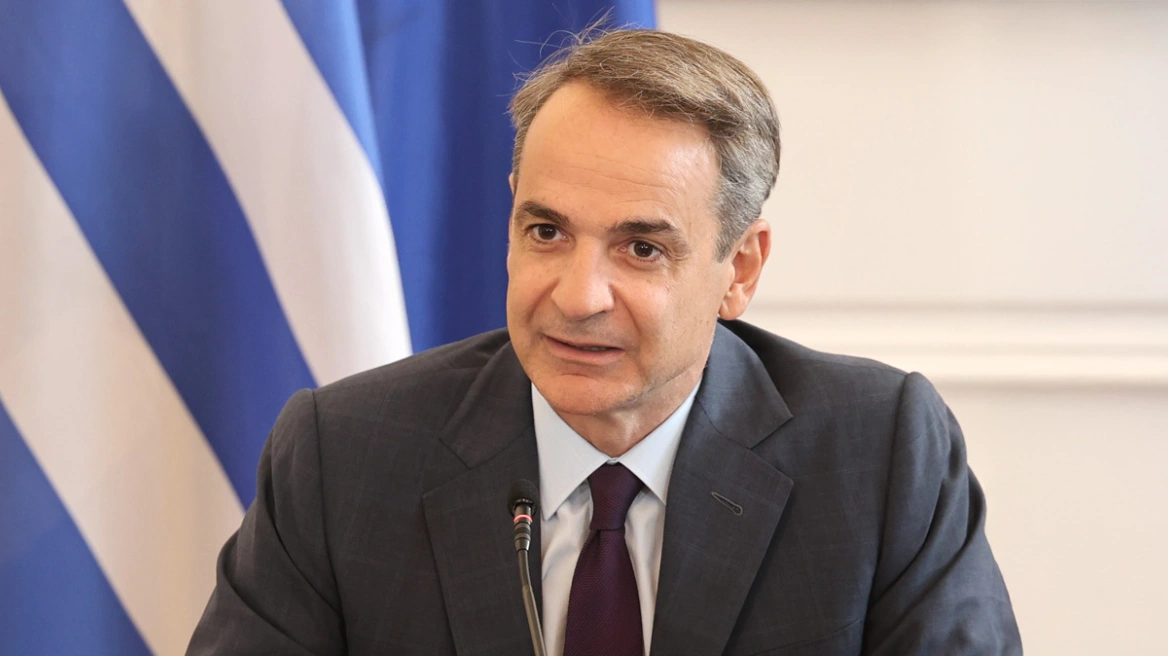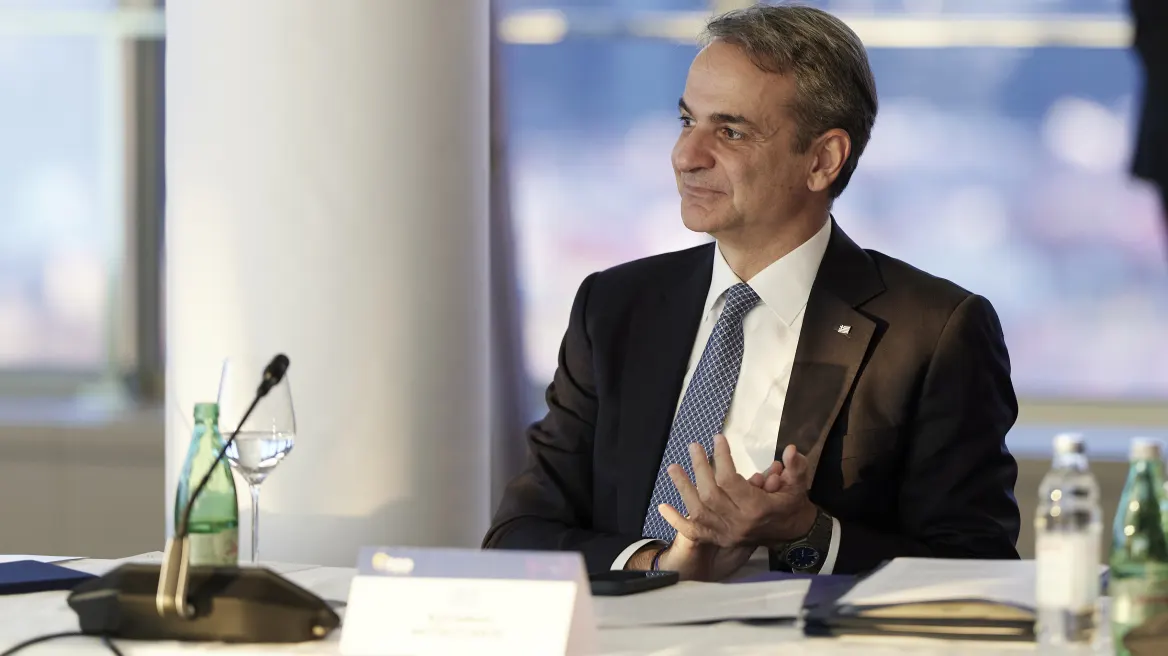Alertness in most European capitals has flared in recent hours as the hourglass for the inauguration of the newly elected US President, Donald Trump has been turned upside down, drastically reducing the scope for political maneuvering and with it the relevant preparation time on the part of EU leaders, in the wake of the barrage of “announcements” by the new “planetary leader”.
Following what the newly elected US President said about Greenland, and the personal attacks on social media by Elon Musk on top European leaders, after the French President, Emmanuel Macron, the German Chancellor, Olaf Scholz, put the brakes on any thought of changing the border.
Olaf Scholz “Very tense” security in Europe
“Borders are not allowed to be moved by force. This applies to every country whether it is to our east or west and is the foundation of our peace order. And every state must respect it, regardless of whether it is a small country or a very powerful state,”Olaf Scholz said in an emergency statement, in which he did not, however, refer to Donald Trump by name.
Scholz also said he had already had talks on the issue with European partners and with the president of the EU’s European Council Anthony Costa, during which, he said, “a certain lack of understanding became clear about certain statements coming from the US.” The Chancellor described NATO as “the most important tool for our defence” and “a central pillar of transatlantic relations” and stressed that “we Europeans must stay united and a decisive and prudent response is needed to the fact that shortly the security situation in Europe will remain very tense.” “Based on a joint analysis of the threats, it will be determined exactly what military capabilities are needed,” the chancellor concluded.
Macron – Blinken meeting
Meanwhile, in the parallel diplomatic processes that have been taking place over the past 24 hours, a meeting with State Department chief Anthony Blinken was held yesterday in Paris by French President Emmanuel Macron. The subject of the bilateral meeting was “firm support” for Ukraine, with the two politicians also sharing “concerns” about China’s assistance to the Kremlin’s war machine. On the Middle East, Macron and Blinken “discussed the importance of a transitional process in Syria that is inclusive and upholds the rights of the Syrian people,” while also referring to the “need for a ceasefire agreement in Gaza that ensures the release of all hostages without further delay.”
Macron-Starmer tete-a-tete
It should be noted that the French President is playing a prominent role in European processes, as he meets today with British Prime Minister, Chris Starmer, and both have been the target of criticism from Elon Musk. Top of the agenda for today’s meeting is Ukraine, but also issues such as artificial intelligence, economic development and legal migration. However, the fact that the bilateral meeting comes after Elon Musk’s barrage of posts against the two leaders cannot be ignored according to Politico. At the same time, “the meeting between the two leaders – who last met in Paris in November – also comes ahead of two major events, a UK-EU defence meeting taking place on the sidelines of the informal EU summit on 3 February,” the publication underlines, when the extraordinary summit will be purely about common European defence, a request made by Greek Prime Minister Kyriakos Mitsotakis.
Finding, moreover, a defence modus operandi between Britain and the EU would be desirable as a development after the successive statements of the newly elected US President on the Euro-Atlantic security framework, which have European leaders worried, as the defence architecture of the Old Continent cannot be ruled out to be openly questioned now.
Until Donald Trump’s inauguration on January 20, however, the US administration remains committed to the Euro-Atlantic framework and to supporting Ukraine by all means, as NATO Secretary General Mark Rutte will be present today at a meeting of the Ukraine Defence Contact Group at Ramstein Air Base in Germany. Still present, however, will be U.S. Defense Secretary Lloyd Austin and U.S. Chief of Staff Charles Brown at the last meeting of the Contact Group before the change of baton at the White House.
“Reconnaissance” moves
In the informal roadmap that top European leaders have reportedly drawn up to deal with the new, global situation after Trump’s inauguration, the first step is a group trip to Washington by the foreign ministers of France, Germany, and Poland as the presiding country.
“The idea of a group of ministers from three major EU countries traveling together to the U.S. is to send a message to Trump that Europe will stand united against him,” one of the diplomats, who, like the other two, asked not to be named, told Politico, while German Foreign Minister Analena Baerbock, French Foreign Minister Jean-Noel Barrot and Polish Foreign Minister Randoslaw Sikorski could be accompanied by European diplomacy chief Kaya Kallas, according to the same sources.
Movements on the northern axis as well
In pan-European mobility, Poland is also playing a coordinating role, as “surprisingly, it is a hot start to the year in terms of political developments. Security in the Baltic Sea region and transatlantic relations were the subjects of my talks with the prime ministers of Denmark, Sweden, Finland and the chancellor of Germany,” Polish Prime Minister Donald Tusk said in a post yesterday, while “the idea expressed about Greenland is not good but, perhaps more importantly, it is not going to happen. We probably shouldn’t be wasting time talking about it,” US Secretary of State Anthony Blinken told his French counterpart, Jean-Noel Barrot, yesterday.
Ask me anything
Explore related questions





